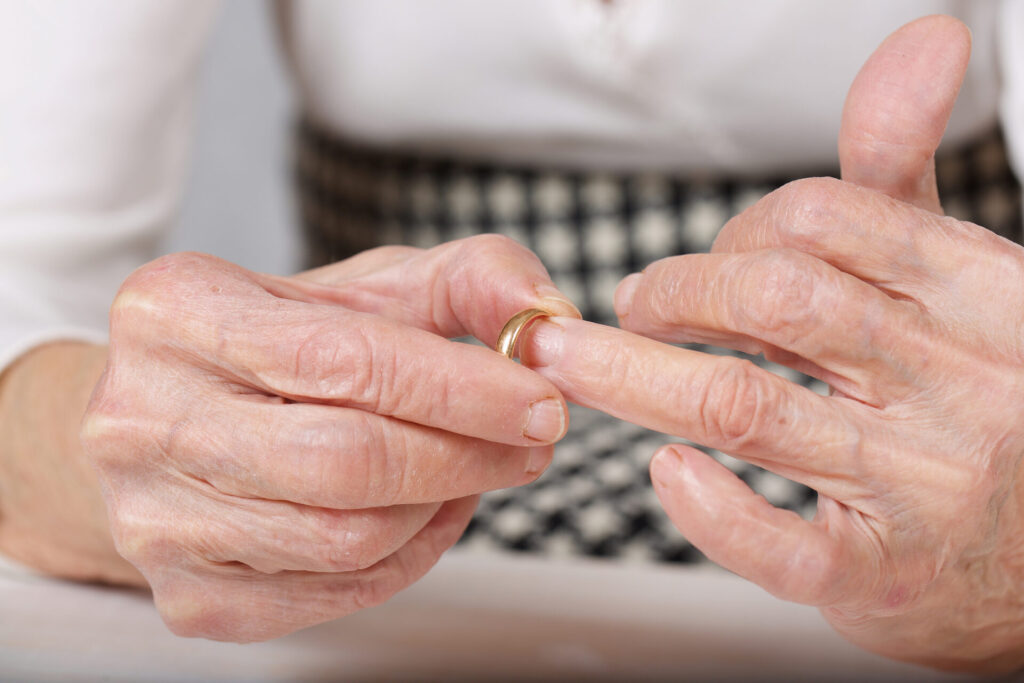 Dr. Leonard Sax thinks so, and it’s time parents take note.
Dr. Leonard Sax thinks so, and it’s time parents take note.
Dr. Leonard Sax has worked as a family physician for most of the past 30 years, interacting with parents and children on a regular basis. And he doesn’t like what he sees; a transformation in children towards a culture of disrespect, which he puts squarely on the shoulders of pop culture.
He has written several parenting books, but this breakdown over the last few decades was the inspiration for his latest work, The Collapse of Parenting: How We Hurt Our Kids When We Treat Them Like Grown-ups (Basic Books). In an interview, we spoke about how “knowledge-at-our-fingertips” has led parents to rely on the Internet for parenting information rather than our own innate knowledge or even common sense.
“Parents do have a parenting instinct,” he says. “We know a lot about how to do it. The very lengthy childhood of human children, relative to other species, is a unique feature of our species. Human childhood is exceptionally long in order to provide parents to teach their children the vagaries of human culture. When parents step back, bad things happen.”
Dr. Sax says a parent’s job is to “enculturate” the child, that is, to teach them the culture of being in their family and community. If the parent is not a strong teacher, pop culture will vie for supremacy. “There’s more to culture than pop culture. Parents have to ensure their kids are not raised or overly influenced by pop culture.”
Surely the phenomenon of pop culture isn’t new. Didn’t I obsess over Donny Osmond and play “Puppy Love” a hundred times a day on my record player? And my scrapbook was bursting with pictures of Charlie’s Angels and the Bionic Woman carefully clipped from TV Guide. The difference is the sheer volume of media aimed at tweens and teens, and the pervasive way it is consumed: on demand, on handheld screens, on-the-go, on social media. What passes for family viewing is also void of the sweet “parents know best” tone of yesteryear. Instead, parents are often depicted as silly buffoons worthy of plenty of eye rolls.
Add to that the changes in how families work – more single parent families, more families with both parents working, more over-scheduling of kids, more everything. The family meal might be another casualty. Statistics Canada shows that the frequency of family dinners has decreased drastically since 1992. Yet a survey of 26,000 Canadian adolescents describes the positive connection between family meals and children’s health. Says Dr. Sax, “The more meals a child has with a parent in a week, the less likely they are to feel anxious and depressed, and the more likely they are to be satisfied with their life.”
Fazed & Confused
Dr. Sax notes five concepts that parents often mix up, despite our best efforts.
Confusing humility with low self-esteem
A culture of disrespect makes it harder for kids to learn the virtue of humility. While self-esteem is surely healthy, too often it morphs into an over-inflated ego. “Humility is the one virtue that you’re pretty sure you don’t have. It all comes down to respect. We do want to teach kids respect for others and that’s difficult when you have bloated self-esteem. Sexting is the expected fruit of the culture of disrespect. If you don’t respect yourself, then you don’t see any reason why you shouldn’t send a naked photo of yourself.”
Confusing authority with discipline
“Parents think that to be authoritative means to be strict and punitive,” says Dr. Sax. “But what matters more is whether kids look to their parents or their peers for guidance. Parents need to matter more than same-age peers. We have to put the importance of family over extracurriculars. If soccer practice conflicts with supper for example, then your daughter should not join that soccer team. But it’s hard to take a hard line when so many other parents don’t.” Dr. Sax says to avoid conflict, parents allow their kids to make decisions. “I was visiting an elementary school where there was a cell phone ban in the classrooms, yet many of the kids still had cell phones. I asked the principal why, and she said they got such push back from the parents who needed to reach their kids during the day to see what they wanted for dinner.”
Confusing happiness with pleasure
“In an earlier version of the book I showed a billboard from Times Square that said ‘Live For Now.’ The message is If it feels good, do it. That’s American culture and it’s seeping into Canada. So often I hear parents say ‘If my son likes to play video games, who am I to say what makes him happy?’ We need to educate our children’s desire. Parents used to know this but they’re no longer confident in their authority and, instead, allow their kids to play three hours of video games a day.”
Confusing love with trust
“I was talking to parents about the importance of not allowing your kids to have their phones in their bedroom. I told parents to collect the phones at night. Don’t barge into your teen’s room, but if you knock on the door, your child could shove the phone under the pillow. A parent said, ‘Dr. Sax, you’re implying my daughter would lie to me. She would never lie to me.’ I replied ‘I don’t know your daughter, but research suggests that a child is more likely to lie to a parent than to almost anyone else. She knows she’s living in a culture that is different than yours and that you wouldn’t accept.” Just because you don’t trust your child to tell the truth 100 percent of the time, it doesn’t mean you don’t love them. You can love them and think they’re lying.
Confusing being a parent with being a friend
“We get tangled up in the semantics. When I tell parents they should not be their child’s friend they hear they should not be friendly with their child. But of course you need to be friendly and have lots of fun with your child. Your child’s favourite things to do should include activities with you.” Dr. Sax says this is how parents gain authority. A friend does not have authority. “A friend is a peer. A peer is an equal. A peer cannot tell you to eat your vegetables or to turn off the television. A peer can’t take your phone away so that you can get an uninterrupted night’s sleep. But a parent must do those things.”
Janice Biehn is editor of ParentsCanada.
Originally published in ParentsCanada magazine, April/May 2016.










